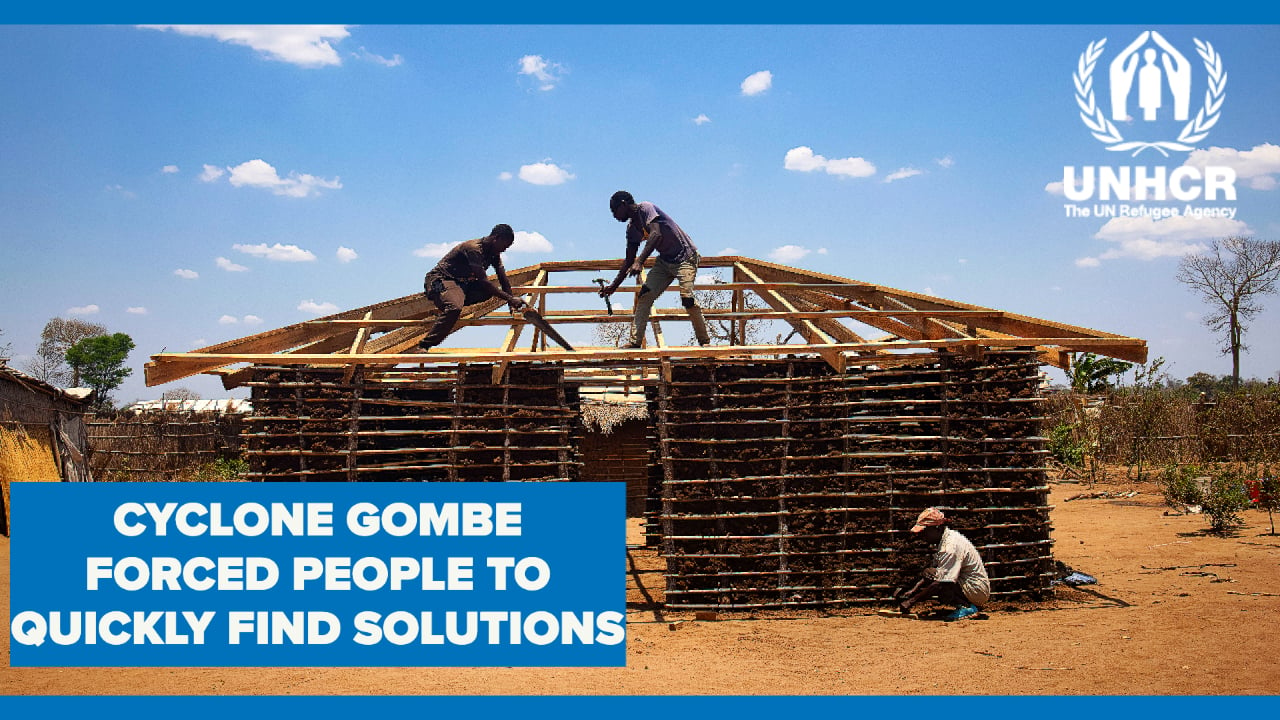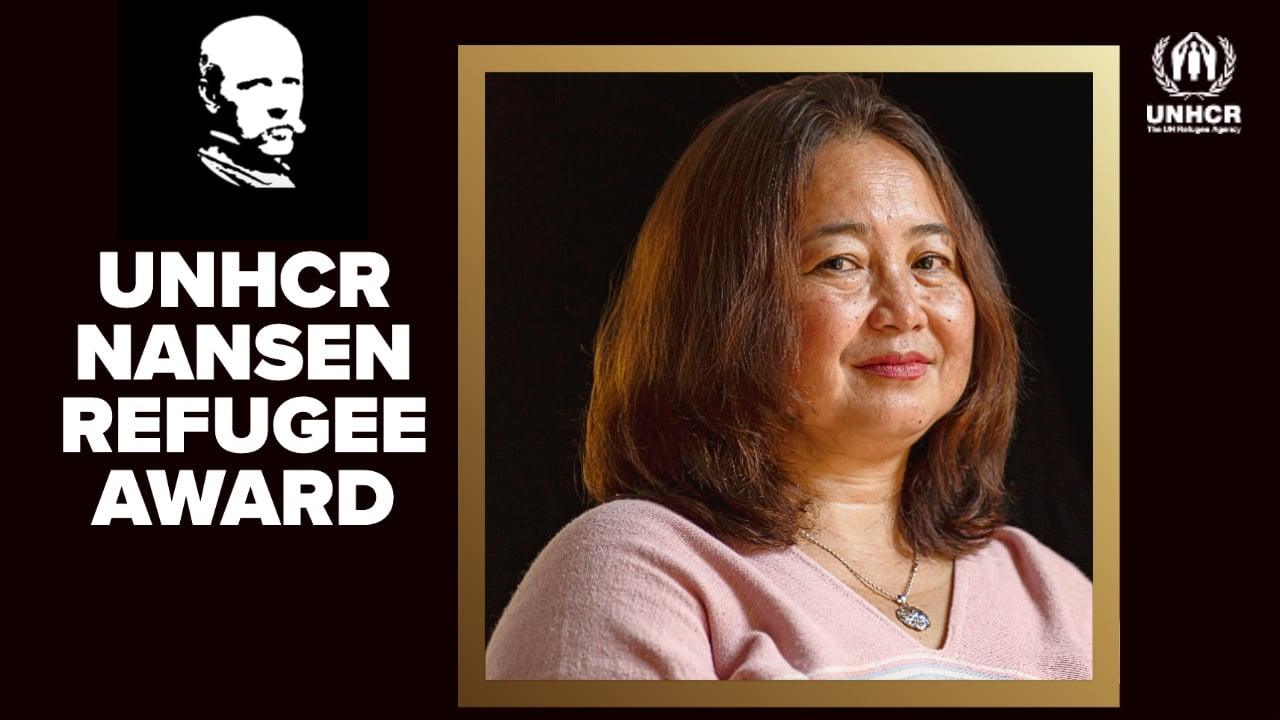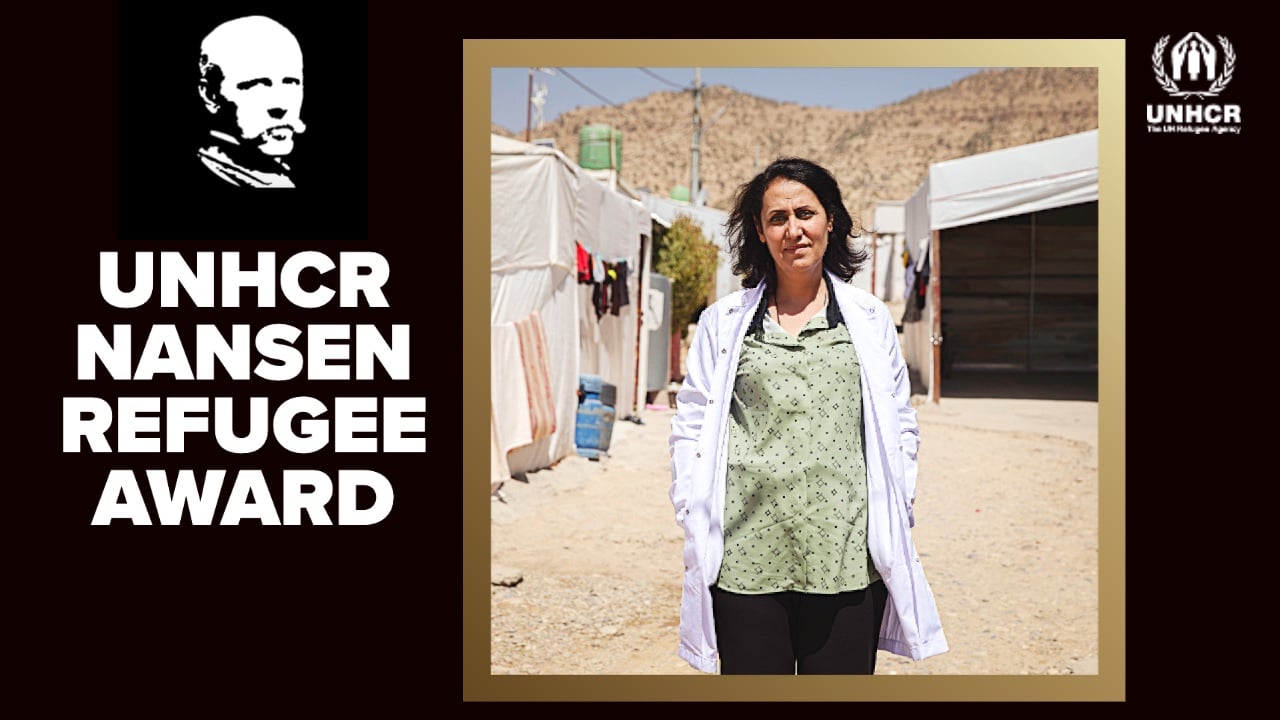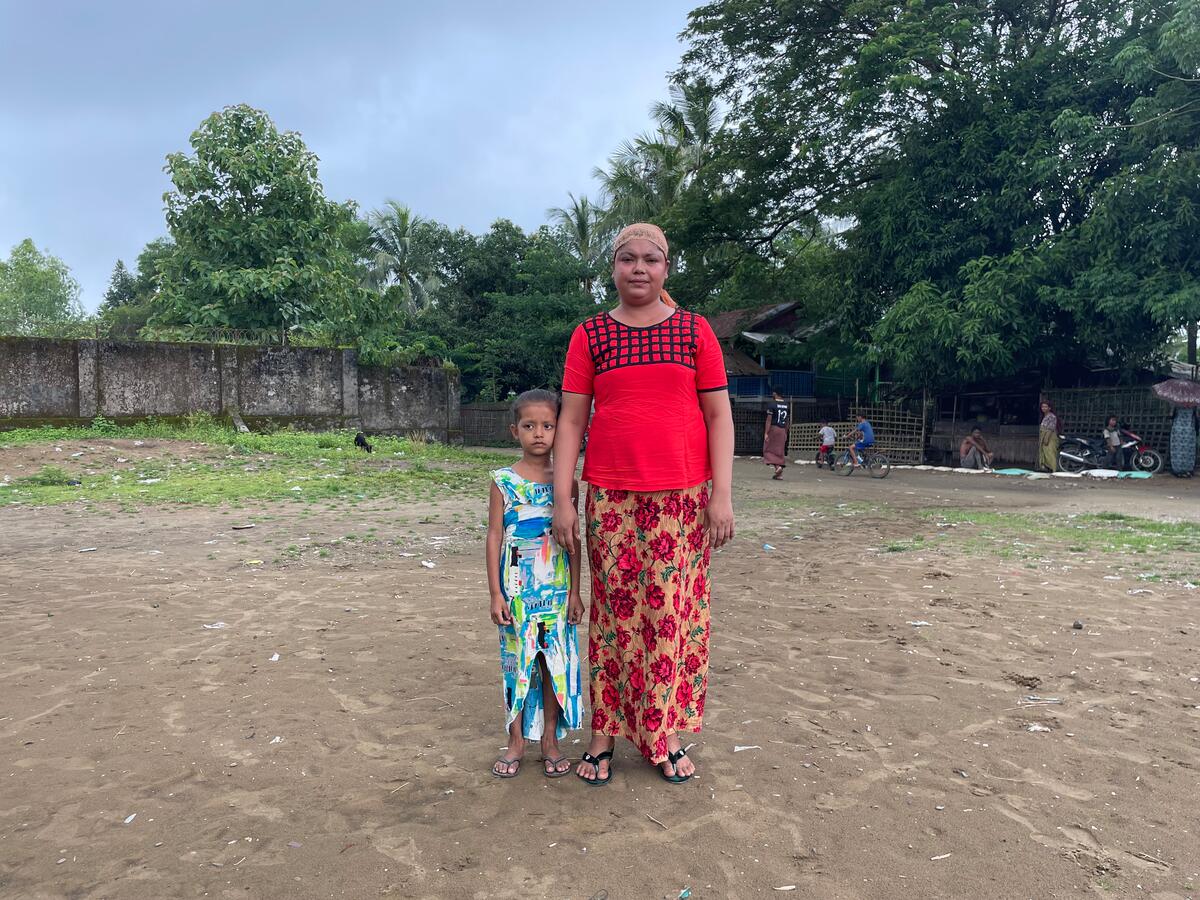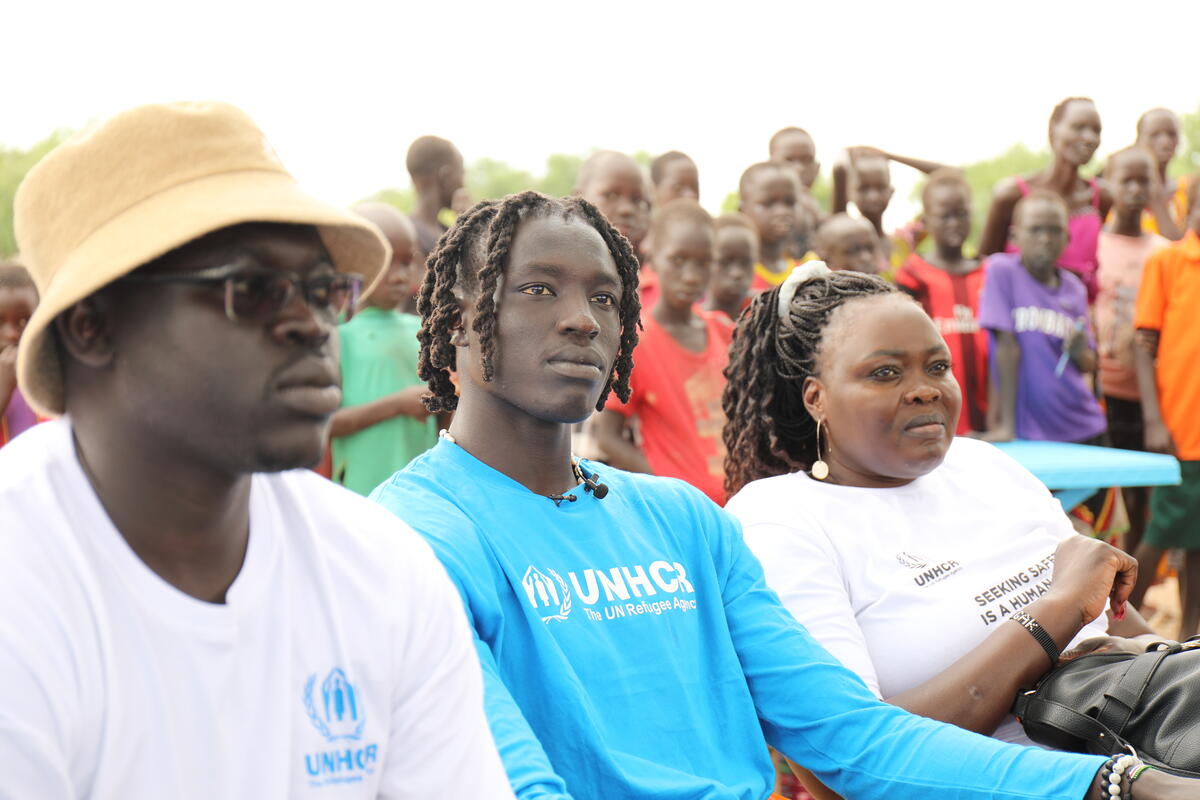UNHCR says internal displacement rising in Ukraine
UNHCR says internal displacement rising in Ukraine
In Ukraine, UNHCR is seeing a continuing steady rise in internal displacement, which is now estimated to be affecting some 10,000 people. A needs assessment has recently been completed and we are working closely with local authorities, other UN agencies and NGO partners to help those who are most affected. So far this includes providing legal assistance, integration grants for 150 families, cash assistance for 2000 people, and improved shelters for 50 families.
Displacement in Ukraine started before the March referendum in Crimea and has been rising gradually since. Registration numbers are being compiled on the basis of data we are receiving from local authorities. Among the affected population are people who have been displaced twice - first from Crimea, and then again from the eastern part of the country.
Most of those displaced are ethnic Crimean Tatars, although local authorities have also reported a recent increase in registrations of Ukrainians, Russians and mixed families. At least a third of the displaced are children. Most IDP families are moving to Central (45%) and Western Ukraine (26%), though some are also located in the Southern and Eastern regions. The number of Ukrainian asylum-seekers in other countries has remained low.
Among accounts we're hearing from displaced people is that they have left either because of direct threats or out of fear of insecurity or persecution. Some report having received personal threats over the phone, via social media, or finding threatening messages left on their property. People cite fear of persecution because of ethnicity or religious beliefs, or in the cases of journalists, human rights activists and among intellectuals due to their activities or professions. Others say they could no longer keep their businesses open.
The main challenges currently facing displaced people are access to social services, long-term shelter, transferring residence registration so that they can access their economic and social rights access to documentation, and access to livelihoods. Help for IDPs is primarily being organized through regional governments, community-based organizations and through voluntary contributions by citizens.
People are being accommodated in shelters provided by local authorities, or staying in privately owned spaces, such us sanatoriums or hotels. Others are being hosted in private homes. However the capacity of host communities to support people is fast becoming exhausted. The pressing needs include for more permanent shelter, more employment opportunities, and support for community-based and local organizations in developing long-term solutions for people who have become internally displaced.
UNHCR welcomes a newly adopted law on the rights of displaced persons from Crimea. The law includes safeguards relating to freedom of movement of Ukrainian citizens between Crimea and the rest of Ukraine. It also allows for identity cards to be restored and covers voting rights. Further work will be needed to ensure that displaced people enjoy full equality and the same rights and freedoms under international and domestic law as other citizens of Ukraine.
For more information on this topic, please contact:
- In Brussels, Ana White on mobile +32 471 08 33 64
- In Geneva, Adrian Edwards on mobile +41 79 557 9120
- In Geneva, Dan McNorton on mobile +41 79 217 3011


